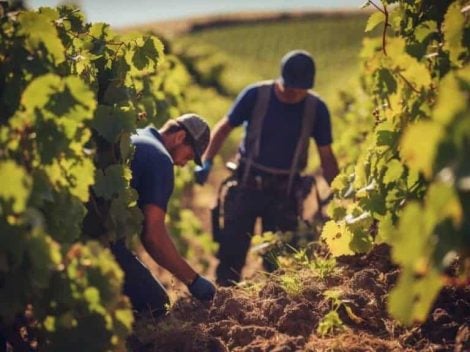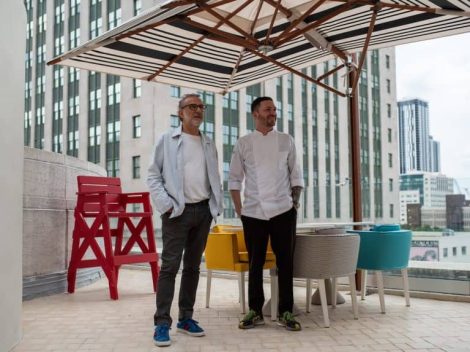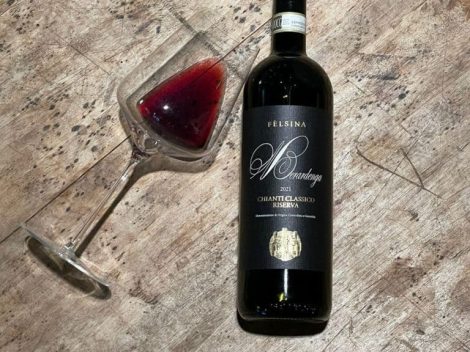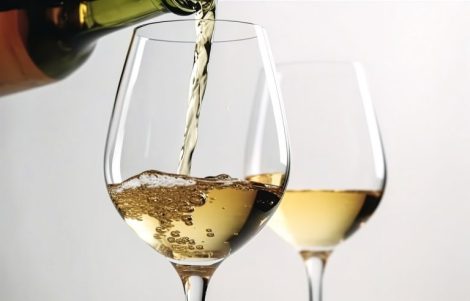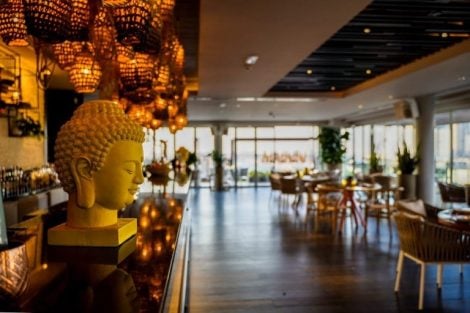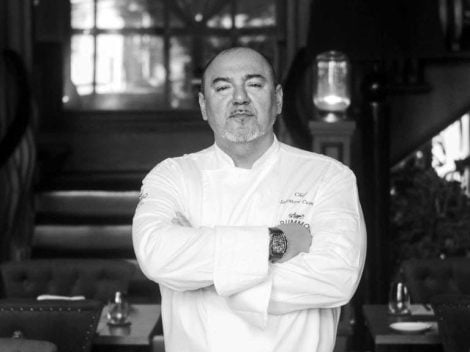by Carlotta Sanviti
"The wine market is driven by greedy connoisseurs, entrepreneurs, producers, and sellers who do it purely for the money." With these words, French wine critic Michel Bettane begins his editorial in the London-based magazine World of Fine Wine, shedding light on the deep inequalities in wine pricing and reflecting on the economic sustainability of a market that, in his view, is dominated by speculation and disparity. He condemns the exorbitant costs of certain labels and provides an analysis of the challenges facing the wine industry, from economic crises to climate change and an increasingly unstable market. Bettane's outlook on the future of wine is critical, emphasizing that while wine has always been tied to culture and tradition, it risks losing its essential value due to purely economic motivations.
The speculative bubble
The demand for "ultra-speculative" wines is declining, causing a crisis in a market that has seen prices skyrocket in recent years. According to Bettane, media attention often focuses on isolated cases of bottles sold at (excessively) high prices—such as €1,000 for a Bourgogne Aligote or €10,000 for the Grands Crus of Burgundy—that represent "a tree hiding the forest." While these bottles are rare and expensive, they do not reflect the reality of a broader and more complex wine market, where high prices also mask a range of structural issues. Wine prices are influenced not only by production costs but also by speculative factors that artificially inflate the value of certain labels. For example, the cost of producing a high-quality wine can vary significantly, with some wines costing just €8 per bottle to produce, while others can reach up to €100. However, "Few of these wines justify a wholesale price above €30."
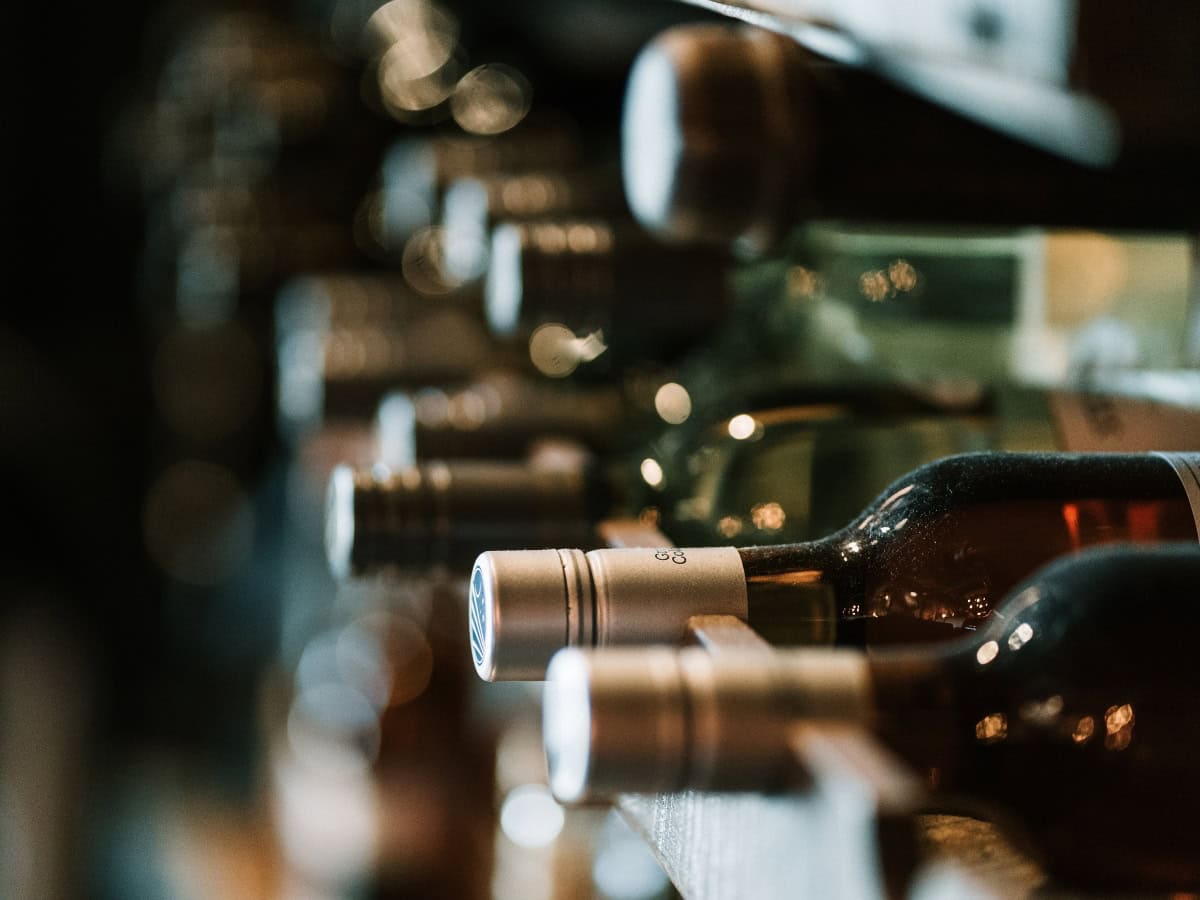
In this context, Bettane questions the ethics and economic sustainability of a market that allows a Corton (a French AOC from Grand Cru vineyards in the Côte de Beaune) to be sold at an average of €100 per bottle, generating huge profits for producers, while wines from other regions, made with equal expertise, struggle to reach even a fraction of that price. Bettane also criticizes the restaurant industry—including Michelin-starred establishments—for often applying significant markups on wines without providing adequate service: "They are too often served at the wrong temperature, without considering the type of glass or the dish they should accompany," further distorting the market and the true value of wine.
Industry crisis and non-alcoholic trend
Beyond price speculation, Bettane highlights the global challenges facing the wine industry; reduced production and consumption of wine, the failure of many wineries, and the difficulties in passing down businesses to the next generation are just some of the issues threatening the sector's future. Compounding these problems are the "stupid confiscatory tax rates" in France, which exacerbate the situation, and climate change, which presents an ever-greater challenge for producers.
Bettane warns that if these issues are not addressed, the world could lose an irreplaceable part of its cultural and gastronomic heritage: "In the end, good wine and the expertise that informs its culture will leave us all indifferent," he writes, stressing the risk that the wine tradition could be compromised by market dynamics that prioritize short-term profit over long-term sustainability, leading people to lose interest and appreciation.
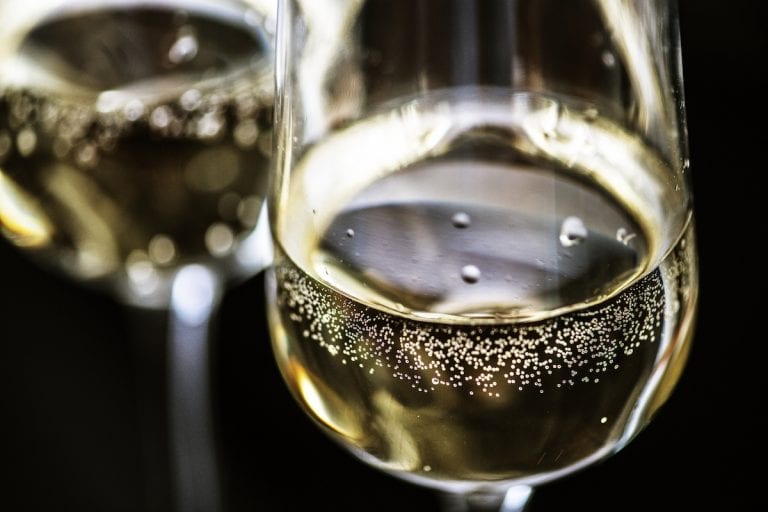
Another topic Bettane tackles is the growing popularity of non-alcoholic products, which he describes as "absurd and unnatural," the result of creative marketing "trying to sell anything" to achieve profit margins (as discussed in our interview with Josko Gravner on the subject). This trend, according to Bettane, is yet another sign of the loss of authenticity in the wine world, which risks being overwhelmed by speculative dynamics.


 Women are the best sommeliers. Here are the scientific studies
Women are the best sommeliers. Here are the scientific studies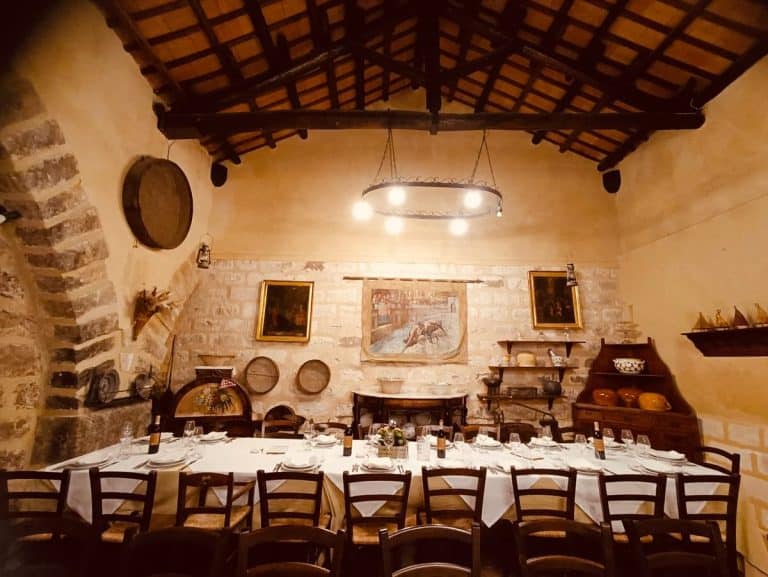 Where to eat at a farm stay in Sicily: the best addresses in the Provinces of Trapani, Palermo, and Agrigento
Where to eat at a farm stay in Sicily: the best addresses in the Provinces of Trapani, Palermo, and Agrigento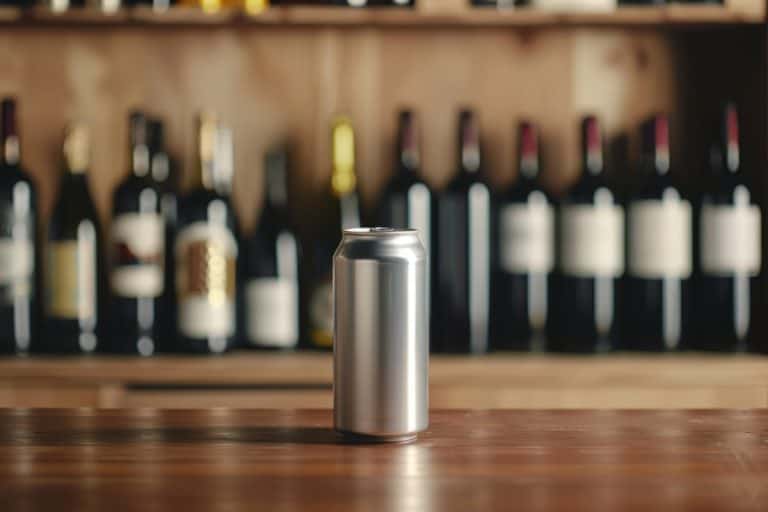 Wine in cans, bottle-fermented, and alcohol free: the unstoppable change in Gen Z’s tastes
Wine in cans, bottle-fermented, and alcohol free: the unstoppable change in Gen Z’s tastes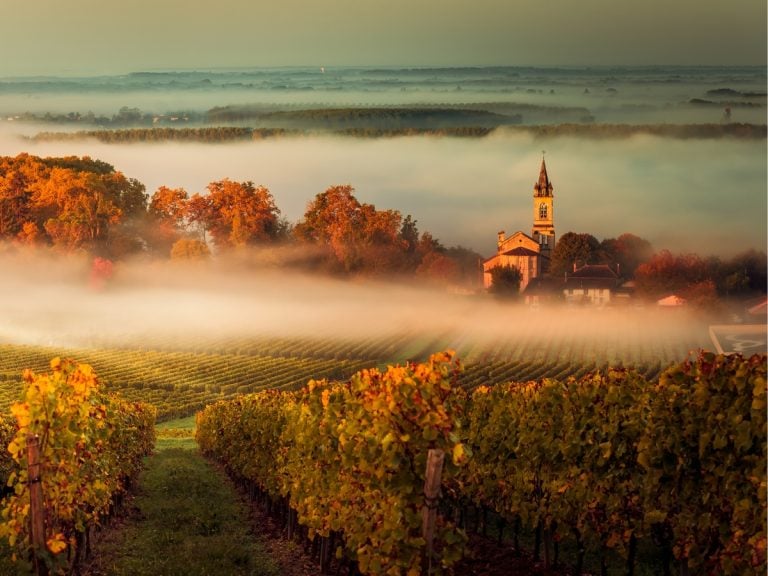 The great Bordeaux exodus of Chinese entrepreneurs: around fifty Châteaux up for sale
The great Bordeaux exodus of Chinese entrepreneurs: around fifty Châteaux up for sale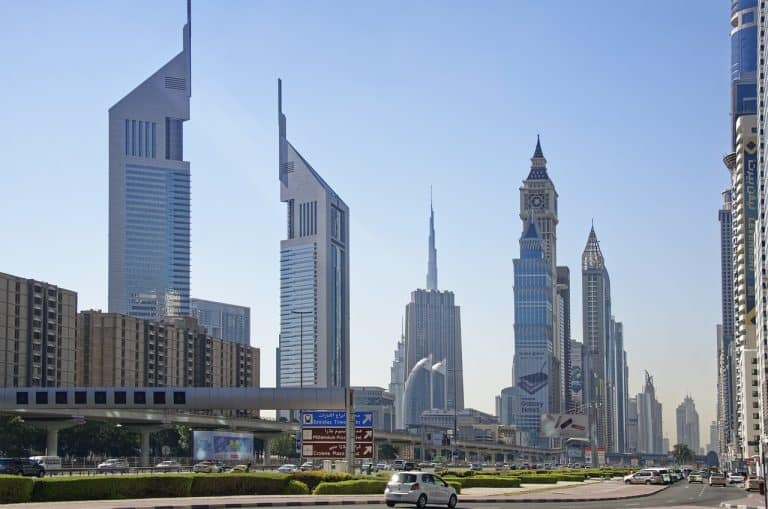 Dubai speaks Italian: a journey through the Emirate's best Italian restaurants
Dubai speaks Italian: a journey through the Emirate's best Italian restaurants